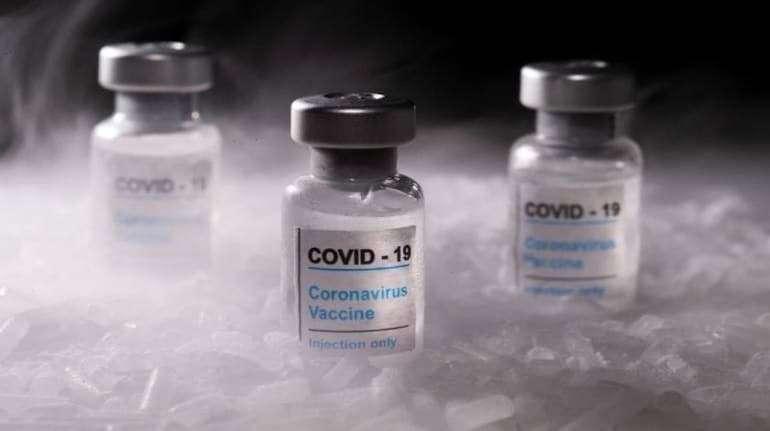Expert panel to meet on January 1 to review data on Serum Institute, Bharat Biotech COVID-19 vaccines
The SEC, which met on December 30, couldn't take a decision on SII's COVID-19 vaccine, as it needed more data.
December 30, 2020 / 08:46 PM IST
The Subject Expert Committee (SEC) of the Central Drugs Standard Control Organisation (CDSCO), India's drug regulator, will be meeting on January 1 to further review the emergency use applications of Serum Institute of India (SII) and Bharat Biotech COVID-19 vaccines.
The SEC which met on December 30 couldn't take a decision on SII's COVID-19 vaccine, as it needed more data.
"The additional data and information presented by SII and Bharat Biotech was perused and analysed by the SEC. The analysis of the additional data and information is going on. SEC will convene again on 1 January 2021 (Friday)," the CDSCO said in a statement.
The CDSCO said Pfizer requested more time to make its presentation for its vaccine.
The UK government on December 30 approved the use of Oxford University-AstraZeneca COVID-19 vaccine after a "thorough analysis of the data by experts at the MHRA, which has concluded that the vaccine has met its strict standards of safety, quality and effectiveness".
The UK nod will strengthen the case for quick approval of the Serum Institute of India's emergency use authorisation application. SII is a partner of the Oxford University-AstraZeneca and is manufacturing the vaccine in India.
AstraZeneca said it would continue to work with regulatory authorities around the world to support their rolling reviews for emergency supply or conditional marketing authorisation. AstraZeneca is also seeking emergency-use listing from the World Health Organization for quick vaccine availability in low- and middle-income countries.











_2020091018165303jzv.jpg)


























